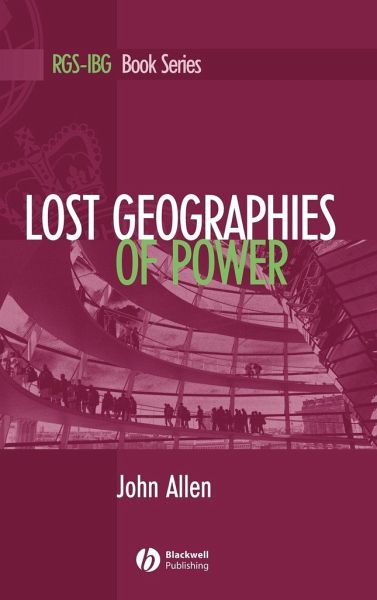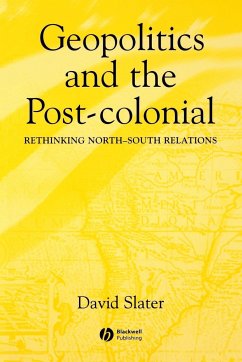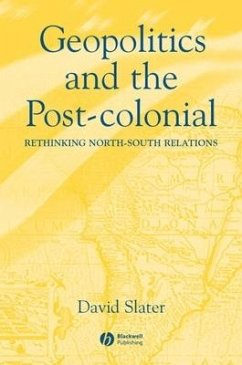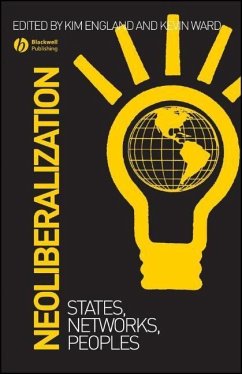
Lost Geographies of Power

PAYBACK Punkte
45 °P sammeln!
Lost Geographies of Power offers a compelling account of the difference that space makes to our understanding of power. The aim of the book is to unsettle the idea that power can be held, centred in people and institutions, and transmitted intact across the contemporary landscape. We have lost sight, in the everyday sense, of the ways in which proximity and reach, distance and mobility, place and presence, actually shift the register of power. We have lost sight too, certainly among geographers, of the diversity of power - that authority, coercion, seduction and manipulation are neither one an...
Lost Geographies of Power offers a compelling account of the difference that space makes to our understanding of power. The aim of the book is to unsettle the idea that power can be held, centred in people and institutions, and transmitted intact across the contemporary landscape. We have lost sight, in the everyday sense, of the ways in which proximity and reach, distance and mobility, place and presence, actually shift the register of power. We have lost sight too, certainly among geographers, of the diversity of power - that authority, coercion, seduction and manipulation are neither one and the same thing, nor reducible to the business of domination. Drawing upon the work of social theorists who have implicated space in their reasoning of power, such as Max Weber, Hannah Arendt, Michael Mann, Michel Foucault and Gilles Deleuze, the author sets out their spatial vocabularies of power and highlights their limitations. It makes vital reading for anyone interested in how power actually 'works' in and across society. This book will be invaluable for students and academics in human geography, sociology, cultural studies and politics.












